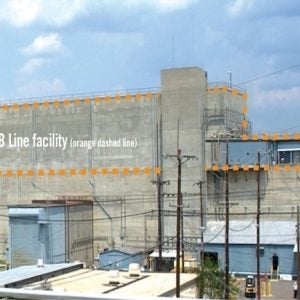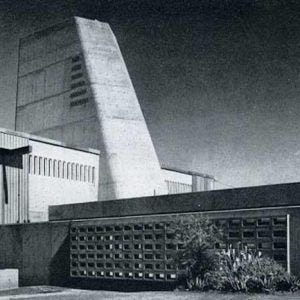India announced that procedures for a civil nuclear agreement with Australia for the supply of uranium have been completed following a bilateral meeting between prime minister Narendra Modi and his counterpart Malcolm Turnbull on the sidelines of the G20 Summit in Turkey, reports said.
The agreement was signed in September 2014 after safeguards were agreed that would allow Australia to sell uranium to India for civilian nuclear generation, as India has not signed the Nuclear Non-Proliferation Treaty (NPT). The agreement will allow Australian uranium to be exported for use as fuel in India’s nuclear plants.
India has few indigenous uranium resources and was effectively isolated from world nuclear trade until 2008, when it signed a safeguards agreement with the International Atomic Energy Agency and the 45-member Nuclear Suppliers Group agreed to exempt the country from rules prohibiting trade with non-members of the NPT. Since then, India has signed nuclear cooperation agreements with several countries.
All of Australia’s uranium production – over 5000 tU in 2014 – is exported under strict controls to ensure that it is only for civilian use. Australia requires any countries to which it sells uranium to put in place a rigorous bilateral safeguards treaty. Earlier this year, Australia’s Joint Standing Committee on Treaties (JSCOT) recommended that the bilateral agreement should be ratified but urged that uranium sales to India should only begin after concerns about non-proliferation, nuclear regulation and safeguards had been addressed, including India’s establishment of an independent nuclear regulator.
In April, Canadian uranium producer Cameco signed its first contract with India after the nuclear cooperation agreement between Canada and India came into force in September 2013. According to the Canadian government, the contract to supply 7.1m pounds of uranium concentrate (about 2730 tU) to India’s Department of Atomic Energy was worth around CAD350m ($286m).






